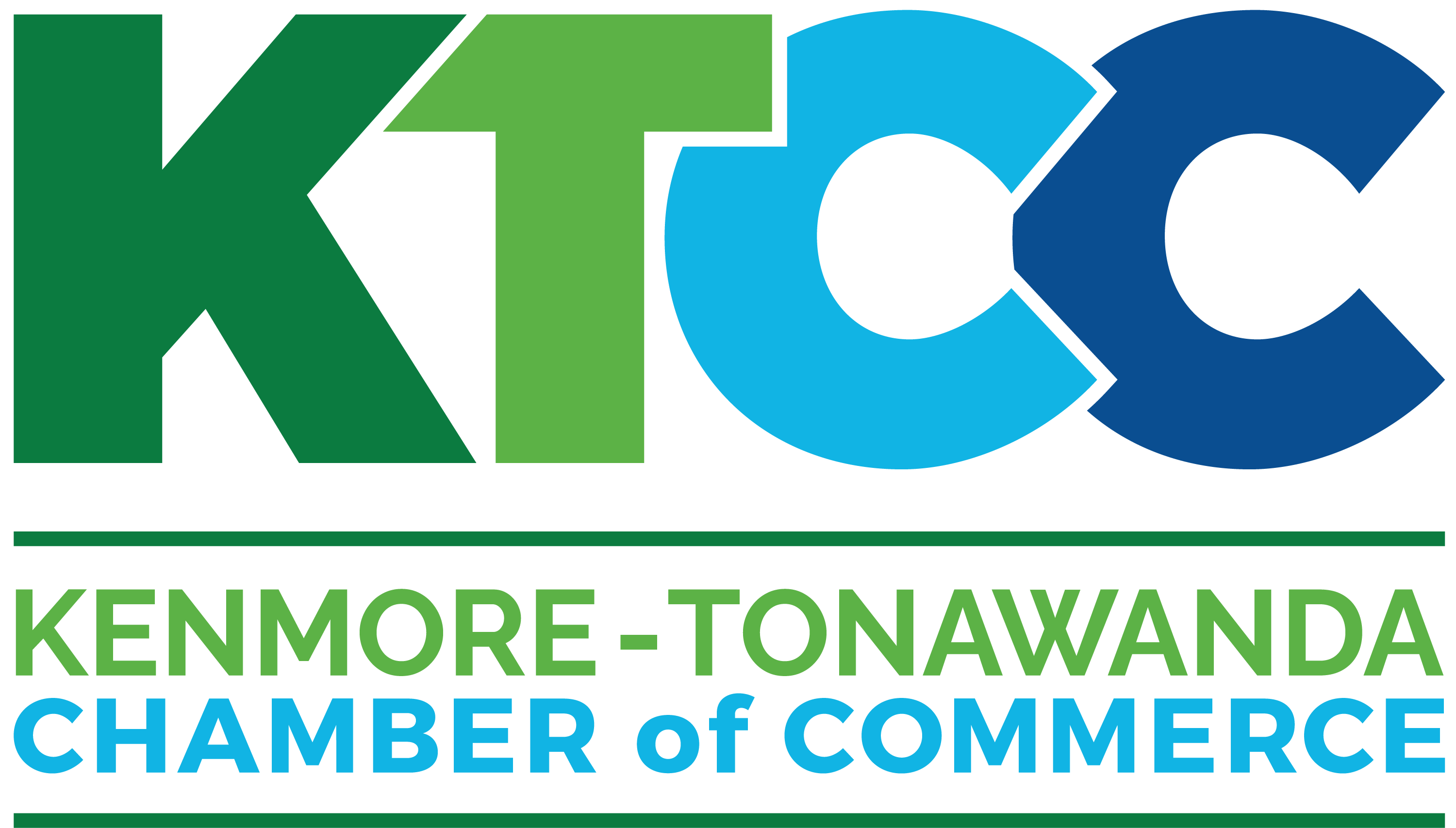How Small Businesses Can Build a Financial Safety Net That Holds
For many small business owners, launching a venture means wearing multiple hats, juggling risk, and betting on resilience. But amid the long nights and tight budgets, one essential factor often falls by the wayside—building a financial safety net. Without it, even modest economic tremors can become full-blown crises. Creating a cushion isn’t just about safeguarding against disaster—it’s about buying time, creating breathing room, and making smarter, calmer decisions when things get tough.
Stop Thinking of Savings as Optional
Too often, savings are treated like a luxury, the kind of thing that can wait until next quarter, or next year, or some distant day when cash flow magically stabilizes. But if the past few years have taught business owners anything, it’s that stability is an illusion—and savings should be a line item, not an afterthought. Even modest monthly contributions can add up if done consistently, especially when business is good. Prioritizing savings means acknowledging the inevitability of slower months and preparing to meet them head-on instead of reacting from a place of panic.
Build Order Into the Chaos With a Smarter System
Keeping your financial documents organized isn’t glamorous, but it’s one of those behind-the-scenes habits that separates struggling operations from well-oiled machines. A document management system ensures that receipts, invoices, tax forms, and contracts are stored safely, searchable when needed, and backed up in case of disaster—digital or otherwise. Saving your files as PDFs keeps formatting consistent and makes them more secure for sharing or archiving long-term. If your records are still living in Word, here’s a possible solution: use any of the dozens of free online tools to convert them to PDF in seconds and start building a more reliable system today.
Separate Accounts, Clear Boundaries
Blurring the lines between personal and business finances doesn’t just make bookkeeping messier—it can derail a business’s financial strategy altogether. Setting up a dedicated emergency fund, distinct from both operational expenses and personal savings, is one of the most practical moves a business owner can make. This isn’t about hiding money from yourself, but about creating a clear, protected reserve that only gets touched when it absolutely must. When boundaries are firm, the temptation to dip into funds during a good-not-great month diminishes significantly.
Create Recurring Revenue Where Possible
Not every small business lends itself to recurring income, but exploring ways to lock in consistent cash flow can radically reshape the way financial planning works. Whether it’s offering a subscription service, maintenance contracts, or monthly retainers, predictable revenue means steadier planning and a better foundation for long-term resilience. This doesn’t have to overhaul the core business model—it just needs to add one thread of predictability in an otherwise uncertain landscape. Even a small but dependable stream can carry a business further than hoped when times get rough.
Credit Isn’t a Backup Plan—It’s a Strategy
Too many entrepreneurs think of credit as a last resort, something to be tapped only when options run out. But establishing credit lines in advance—and responsibly maintaining them—creates flexibility and options. Building a relationship with a local bank or credit union before money is needed means the process doesn’t have to be rushed or come with sky-high interest rates. Used wisely, credit can be a strategic tool to smooth out cash flow or seize growth opportunities, not just a band-aid for emergencies.
Know the Floor Before You Fall
It’s tempting to be optimistic, to believe that sales will bounce back or the next season will be better. But building a financial safety net requires realism—specifically, knowing what the absolute minimum monthly costs are to keep the business alive. That figure—the financial floor—should inform every decision from budgeting to marketing to hiring. When the baseline is clear, it’s easier to make measured choices under pressure and avoid spiraling when revenue dips below expectations.
Don't Just Prepare for Crises—Plan for Growth
A financial safety net isn’t just about hunkering down and surviving. When it’s done well, it opens the door to opportunity. Businesses with reserves and foresight are the ones that can take advantage of sudden openings, expand when others are retreating, or invest in tools that bring long-term value. Thinking of a safety net only as disaster insurance misses the bigger picture—it’s the launchpad for bold, future-minded moves when others are paralyzed by the unknown.
Creating a strong financial safety net isn’t about waiting for something to go wrong. It’s about recognizing that in the unpredictable world of small business, having options is the ultimate power move. When savings are steady, credit is ready, and risks are assessed with clarity, a business can weather storms—and even chase the horizon that follows. Resilience, after all, is not just survival. It’s a readiness to thrive.
Discover the vibrant business communities of Kenmore and Tonawanda with the Kenmore Tonawanda Chamber of Commerce, where collaboration and growth are at the heart of everything we do!
This Hot Deal is promoted by Kenmore-Town of Tonawanda Chamber.
Why Become A Member?
-
Business profiles and media exposure
-
Social media promotional efforts: Website, Facebook, Twitter, LinkedIn, etc.
-
Chamber mailings
-
e-Newsletter updates
-
Ribbon Cuttings
-
Business cards and materials displayed in Chamber office
-
Networking mixers
-
Special events
-
Educational meetings
-
Business referrals
-
Free business counseling
-
Member to Member Discounts
-
Business advocate
-
Health insurance
-
And much more!

